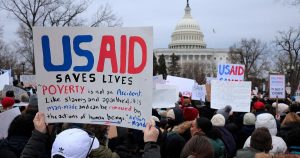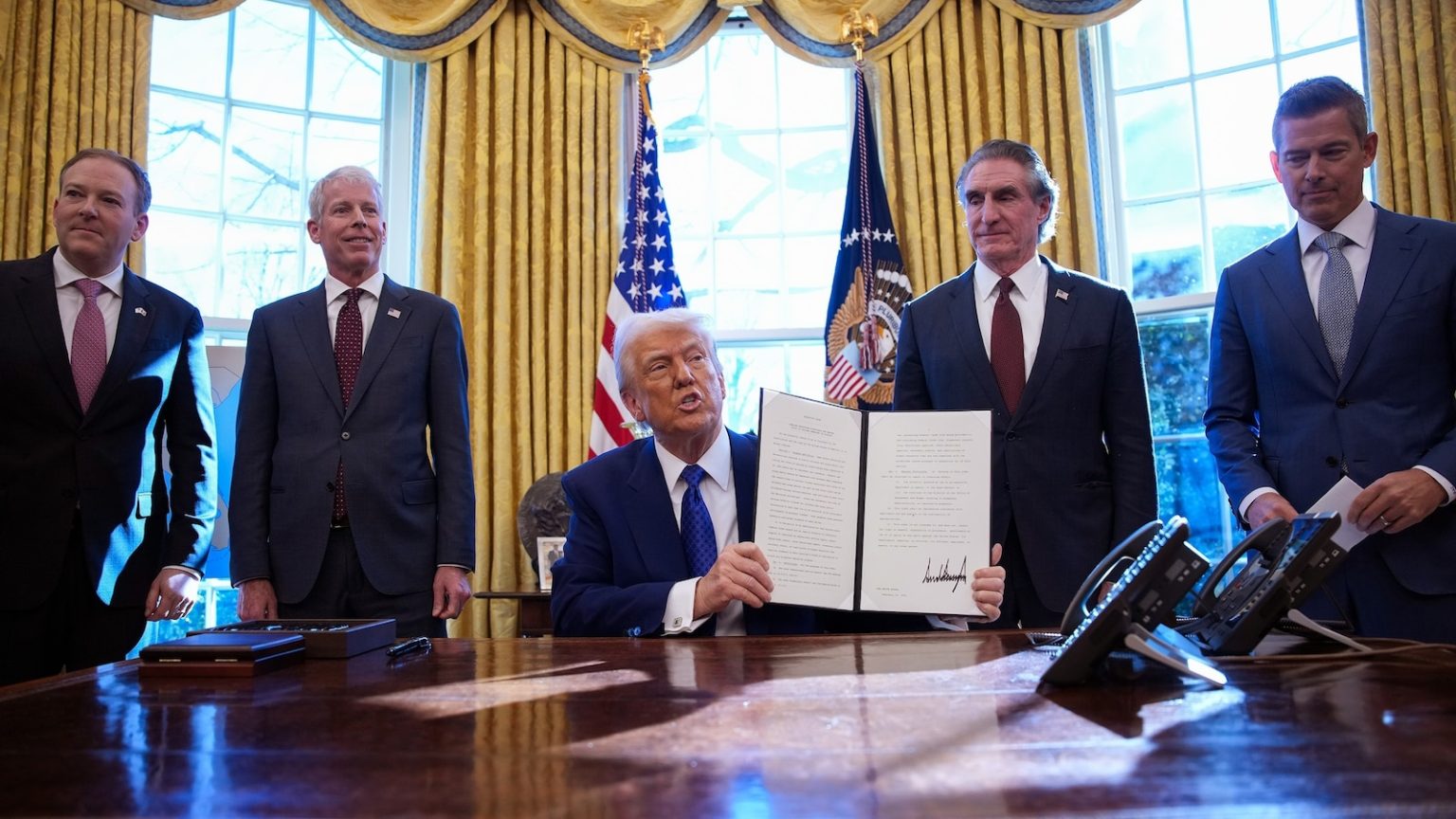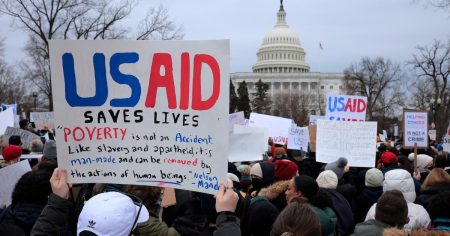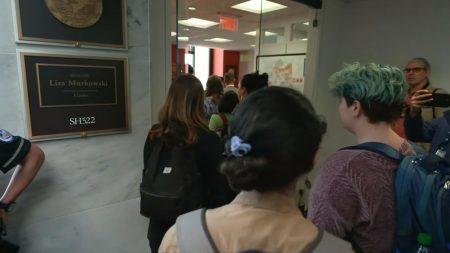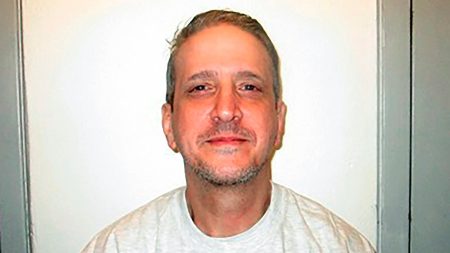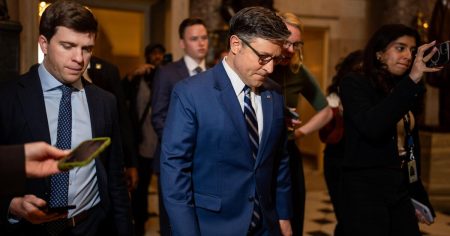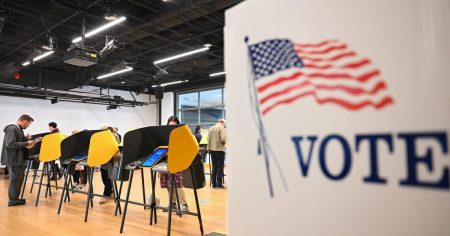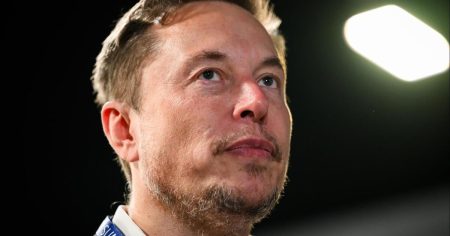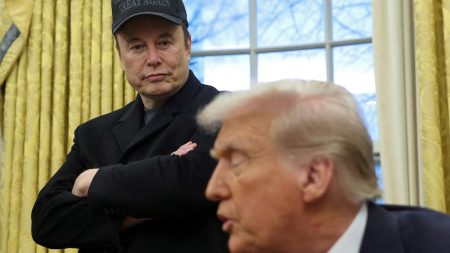President Trump Signs Executive Order Targeting COVID Vaccine Mandates in Schools
President Donald Trump made headlines on Friday after signing an executive order that could strip schools of federal funding if they enforce COVID-19 vaccine mandates for students. The move, while largely symbolic at present, reflects Trump’s ongoing efforts to push back against vaccine requirements, a stance he championed during his campaign. According to a pool report, Trump emphasized that the order was a response to public demand, stating, "People wanted that very badly." The directive specifically targets students, leaving teachers and staff outside its scope. While no states currently require COVID vaccines for school attendance, the order sends a clear message about the administration’s stance on vaccine mandates.
The White House Rationale: Protecting Educational Opportunities
The White House framed the executive order as a necessary step to safeguard students’ access to education. In a fact sheet distributed to reporters, officials argued that COVID vaccine mandates were "threatening educational opportunities for students." The administration contended that parents were being placed in an untenable position, forced to choose between complying with controversial mandates or jeopardizing their child’s ability to attend school. This narrative aligns with Trump’s broader campaign promises to empower parents and limit government overreach in education. However, it’s worth noting that several states and cities, including California, proposed COVID vaccine mandates in the aftermath of the pandemic only to abandon them in the face of significant pushback from parents and advocacy groups.
The Scope of the Executive Order
Trump’s executive order applies to educational institutions at all levels, including elementary, secondary, and post-secondary schools. It also extends to education service agencies, state education agencies, and local education agencies. The directive does not directly affect teachers or staff, focusing instead on student vaccine requirements. While the order’s immediate impact may be limited, given that no states currently enforce COVID vaccine mandates for students, it sets a precedent for federal intervention in public health policies at the state and local levels.
A Call to Action: Ending "Coercive" Mandates
The executive order goes beyond targeting COVID vaccine mandates, instructing Health and Human Services Secretary Robert F. Kennedy Jr. and the incoming Education Secretary to develop a plan to end what the administration describes as "coercive COVID-19 vaccine mandates." This language suggests that the White House views vaccine requirements as inherently oppressive, a perspective that has resonated with some parents but drawn criticism from public health experts. The order also requires these officials to monitor schools’ compliance with the new policy, raising questions about how rigorously it will be enforced and whether it could pave the way for challenges to other vaccine requirements.
Implications Beyond COVID: A Broader Challenge to Vaccine Mandates?
One of the most significant unanswered questions surrounding the executive order is whether it signals a broader effort to roll back vaccine mandates beyond COVID-19. Currently, all 50 states require students to receive certain vaccinations, such as those for measles, mumps, and rubella, to attend school. While many states offer religious or philosophical exemptions, the introduction of COVID vaccine mandates has reignited debates about parental choice and public health. Trump’s campaign pledge to end all vaccine and mask mandates suggests that this executive order may be part of a larger strategy to challenge long-standing vaccination requirements. If the administration were to expand its efforts, it could spark a national conversation about the balance between individual freedoms and collective health.
Trump’s Vision for a "Free" Education System
President Trump has consistently framed his opposition to vaccine mandates as a defense of parental rights and personal freedoms. During his campaign, he declared, "I will not give one penny to any school that has a vaccine mandate or a mask mandate," a statement that resonated with his base but drew criticism from educators and health professionals. By targeting COVID vaccine mandates, Trump is advancing a vision of an education system where parents have unfettered control over their children’s health decisions. However, this vision is not without controversy, as it raises concerns about the potential erosion of public health safeguards and the impact on vulnerable populations.
The Road Ahead: Reactions and Implications
The executive order has already sparked heated debate, with supporters hailing it as a victory for parental autonomy and critics warning of its potential consequences for public health. As the administration moves forward with its plan to curb vaccine mandates, the response from schools, state governments, and the broader public will be closely watched. One key question is how schools will balance the loss of federal funding against the potential risks of relaxing vaccine requirements. Additionally, the order may face legal challenges, as states and civil liberties groups weigh in on its constitutionality. For now, the executive order represents the latest salvo in a contentious debate over the role of government in public health and education. Its long-term impact remains to be seen, but its symbolic significance is clear: the Trump administration is doubling down on its commitment to ending vaccine mandates, no matter the cost.


